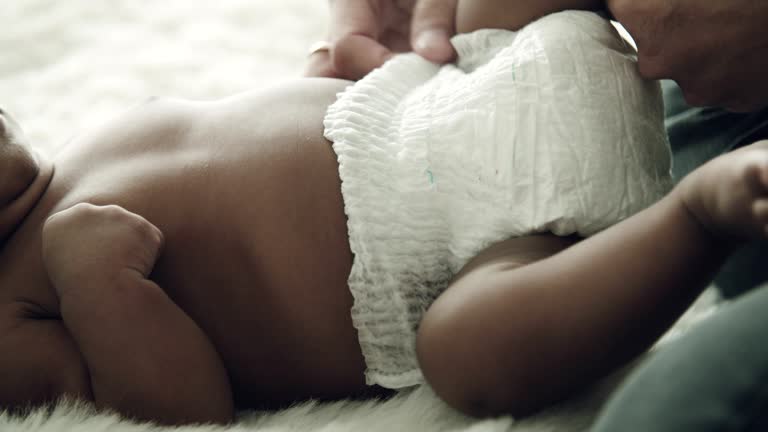Jedi Jedi is a term used to indicate a variety of health-related issues in Yoruba. It literally translates to "something consuming the anus". Most Nigerians associate Jedi Jedi with infants, yet adults and babies can have Jedi Jedi.
This article is necessary since most mothers are often concerned when they think their kids have Jedi Jedi and become relatively confused about what to do.
Signs of Jedi Jedi
The Jedi Jedi disease has a number of symptoms, including the following:
- -Constipation
- -A wet bowel
- -Consistently passing stool
- -Greenish faeces
- -Anus folds and rashes
- -Itchiness
All of these signs are thought to indicate Jedi Jedi in infants, but in actuality, other factors might cause these symptoms.

Causes Of Jedi Jedi
When mothers are asked what Jedi Jedi is, they can all respond differently depending on what they think it is and based on the symptoms their baby presents. Some of these include;
I. Frequent and watery bowel movements
Some of the causes of irregular bowel movements are;
- -Mild diarrhoea, which may result from any of the following, causes watery stools.
- -Food Allergies
- -Lactose sensitivity
- -Drugs and antibiotics
- -A Mother's Diet
II. Greenish Stool
In fact, older babies and newborns typically pass green poop. Green faeces can be caused by too much bile generated, dietary allergies or intolerances in the child, or the mother's diet.
III. Constipation
Diet is the leading cause of constipation. Constipation may be caused by the mothers' nutrition, solid food introduction, and formula feeding.
IV. An itchy anus
Wet diapers or inconsistent diaper changes are the main culprits for itchy rashes and anus.
V. Foul-smelling fart
Foul-smelling farts are normal and could come from the mother's diet, the child's sensitivity to food or a follow come with diarrhoea.
Treatment of Jedi Jedi
Due to the differences between each of these illnesses related to Jedi Jedi, different treatments are needed.
Calling your paediatrician can help address watery and frequent stools, which frequently occur together. However, because stooling disorders affect young babies so frequently, it often resolves themselves.
Compared to newborns who are fed formula, breastfed babies are more likely to have runny stools, but if your baby is in pain, you would need to visit a doctor.
Investigating the baby's nutrition for potential causes of constipation can help. A significant step toward ensuring the baby receives treatment would be to alter this diet.
Simply making sure that you clean your baby's diapers frequently and keep their body away from bacteria will help alleviate itchy anuses and diaper rashes.
Do not be worried; greenish poop is rather typical among infants.

Alternative Therapies
Other treatment options, such as Agbo Jedi, are not suitable for young children. Among these compounds may be ones that could be harmful to your baby’s health.
On the other hand, it is not totally accurate to use Flagyl as a cure for Jedi Jedi. Flagyl is used to treat diarrhoea. Thus, it can help with some aspects of Jedi Jedi, but it doesn't necessarily cure Jedi Jedi.
Also, there hasn't been any evidence to support the use of scent leaf as a cure for Jedi Jedi.
Since Jedi Jedi is a catch-all term for several illnesses, there isn't a single medication that can treat them all. The best action is to speak with your doctor and adhere to their recommendations if you believe your child has Jedi Jedi.










Comments